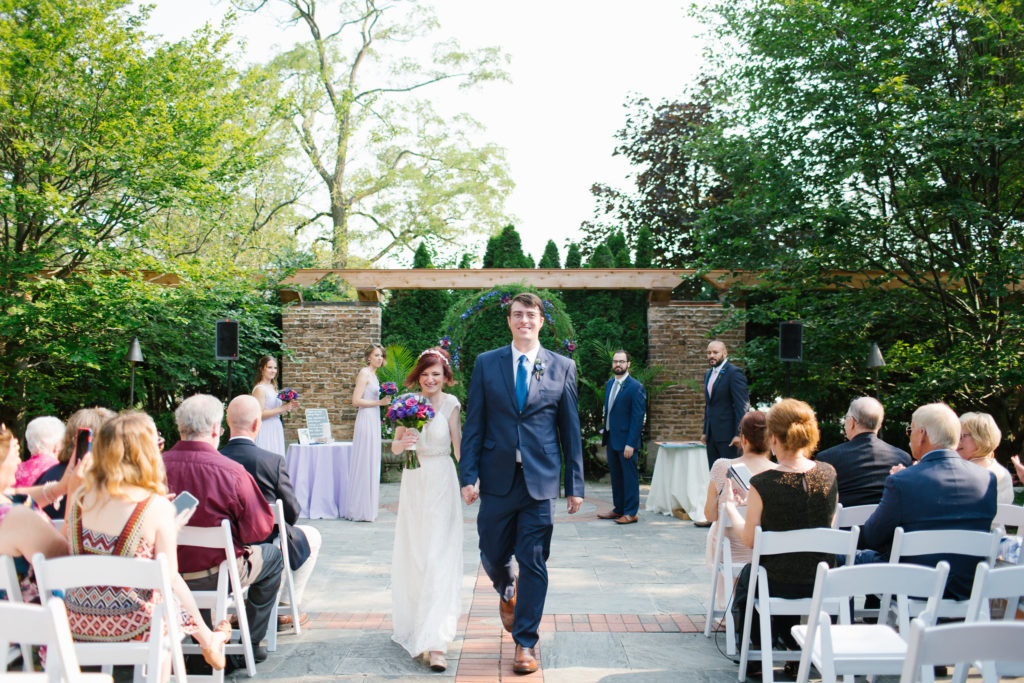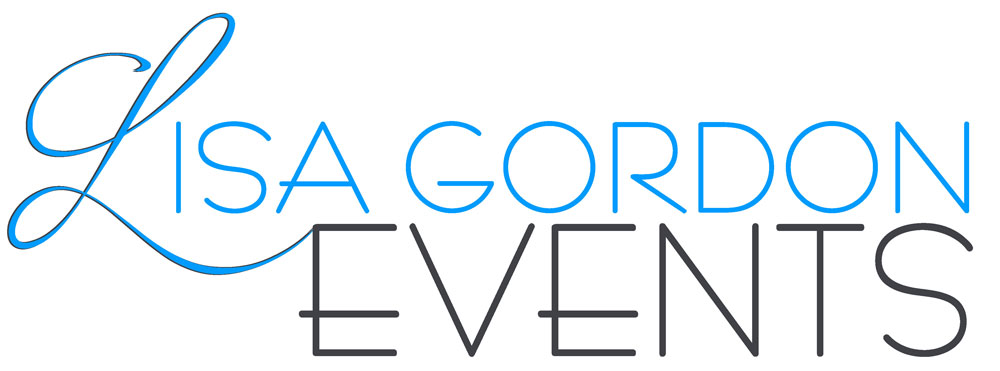
We may be looking at a lot of small, outdoor weddings like this one for the foreseeable future. Photo by Geneva Boyett Photography.
We’re in a time of tremendous uncertainty right now, and even the most perspicacious among us are having a hard time seeing the way forward. Since everything in the event planning world is on hold right now, I have spent a bit more time than usual going down internet rabbit holes to dig out the best data I can find. This is where my geeky side comes out. Yep, I’m your geeky wedding planner, and I’m proud of it! Here is some of what I have found.
If you want to see graphs based on solid data about the short-term projections for how things are likely to go, this website has the most detailed information I have found yet. You can look at the country as a whole or at your state only. There are some caveats about this information, however!
First, please don’t look at this and say to yourself, “Oh, this is all going to be over by June.” This is a short-term projection only and does not give any information about the next year or so, which is when things begin to get interesting. (More on that in a bit.)
Second, it is only a projection based on the best data available at the moment. There are a lot of unknowns in how this is going to unfold, and even the best projection may end up being erroneous in some way.
So, what happens after the first of June? Well, first of all this virus is not going to just go away. The first thing that may happen (at some point between the end of April and the end of May, depending on your state) is that stores may open again, many people may go back to work, and there may be some semblance of normal life returning.
I fully expect, however, that restrictions on gatherings over a certain size (10 people? 50 people? 100? who knows??) may remain in place for some time, at least in some locations. Since the virus will still be circulating in society and since only a small percentage of people will have developed immunity (assuming that people will develop immunity), we will still likely have to avoid situations where a lot of people could become infected. So, it may be possible to plan a wedding for this summer, but it is also possible that 250 guest lists will be out of the question, possibly for another year or so.
In a brighter scenario, in the next few months, the health care system could have more equipment and be better prepared for another onslaught. If that is the case, perhaps social gatherings (maybe with size restrictions) might be permitted again. Of course, then you still have to think about the health and well-being of your guests: Would it be wise to hold a large gathering if you think it might result in your guests being infected? Will you have to ask all your guests to wear face masks? Can you hold all the festivities outdoors, where it may (or may not) be safer to do so? Those are questions you may have to ask yourself if you want to get married this year.
There is also the question of airplane travel if you are inviting people from around the country or overseas. Right now (judging by how quiet the skies are over Chicago), airlines have cut back their flight schedules deeply. Will there be flights available from everywhere to your wedding destination? Will it be wise for your guests to travel?
Also, please keep in mind that, since in the US we lack any central planning or management of this crisis, the exact details of what will happen vary a lot by location. For an extremely detailed read about the various ways this might affect our future (and lot of other stuff, as well), this article has some great information and charts. The short version is that if your state closed things down early and completely, you are in a better position for recovery, both socially and economically. The states that waited the longest and have done the least will probably take the longest to recover.
Finally, a most important thing to consider, as we look forward: It is very likely that there will be another wave of this illness in the fall, perhaps starting as early as mid-September after schools open again (assuming schools open again in the fall on schedule). It’s unlikely there will be a vaccine until next spring at the earliest, so I think we have to assume that next winter there will be many more infections, and there may have to be more governmental actions to curb the viral spread again. So, if your best option for a wedding is in 2020, late July, August, and early September are your best bets. Those are already very popular dates, so consider Fridays, Sundays, mornings, and other off times if you want to be sure you can find a location and vendors you want. And plan for a smaller guest list. If you are able to postpone your wedding until 2021, you may face less uncertainty.
I wish I had better news for everyone. But I prefer to look the facts in the face and make rational decisions based on the best information available. It doesn’t make me popular, but it does mean I get to make good judgment calls a lot of the time. So, I hope you find this information valuable as you look forward. Remember, this, too, shall pass. If all goes well, we will be able to look forward to many happy occasions in 2021.
I thank Rebecca “Boo” Cardozo-Pfeiffer, JD, MPH, MOM, for her invaluable assistance in writing this article.

Recent Comments